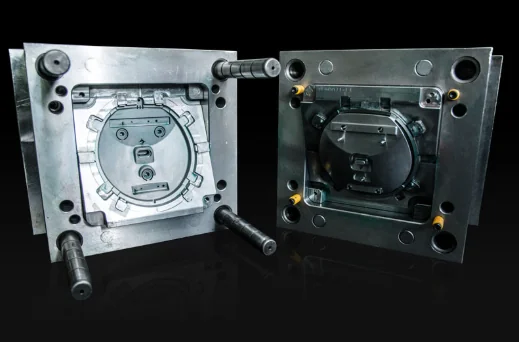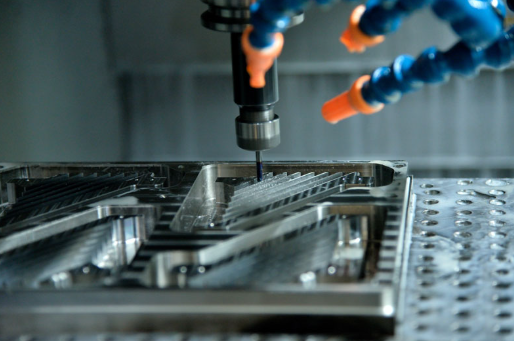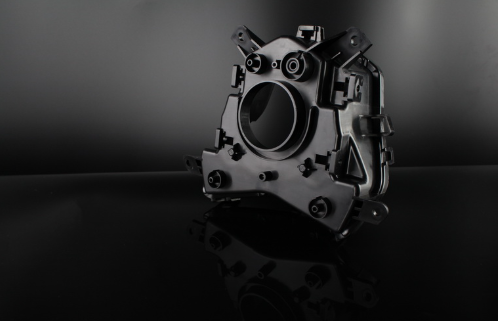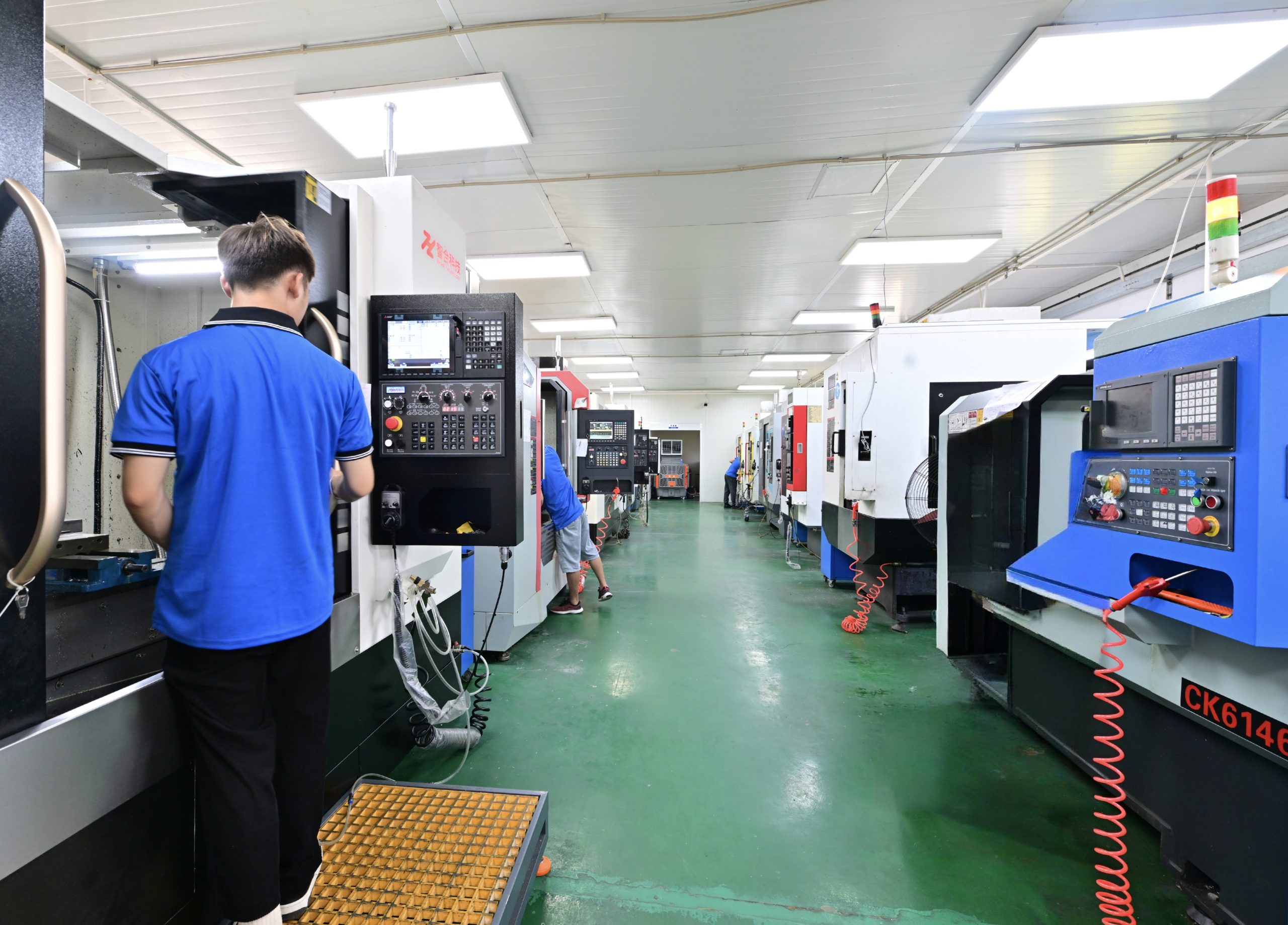As a CNC machining technician, you probably know that one of the most critical steps is selecting the right tooling option for the task you have to complete. Most of the details are worked out by engineering at the development stages, but your expertise is always welcome if you have experience on the job. Observation can give you an extra insight when it comes to picking the right mills to get the job done. If the other members of the team require your input, you can always offer it by following a very particular set of questions that you must be able to answer by yourself. Here they are:
Table of Contents
ToggleWhat’s the Material you are Working with?
The raw material that will be used in the CNC procedure determines the tool you are going to use. There is no other way around it. The options on mills are nearly endless are most of them are fitted to work specific tasks with particular materials. Some of these tools are built to specifications centered on density while others are focused on being able to provide specific geometries. Mills to treat plastics are not the same ones used to treat metals. If you can answer this question with assertiveness, it will make your input valuable to the project.
What are the Specifications of the Task?
Ordinary CNC machining includes roughing, slotting, finishes, contouring, plunging or precision work. Each one of these manufacturing methods contributes by adding their unique features to a project. Sometimes a job will require a combination of two of them. Being able to tell the mills you’ll need beforehand will save you a lot of time. If you need a special coating on the mills, this is the right moment to take notice of it. Some material is challenging to work with, and they need you to go the extra mile by using mills with a special coating that have prolonged lie cycles.
How do Flutes Should Be Used in the Task?
This is almost a case study for each project. An experienced CNC technician will tell you that it all depends on the materials you are working with as well as the applications you are giving to each one of them. If you are working with light materials such as wood or plastics, you will only need two or three flutes at most. More flutes mean more points of contact with the raw material and a rougher end. Metals can use anything above three flutes depending on the density of the plaque you are working on.
What Size of mill do I Need?
Size it’s not relative on CNC machining jobs. They require a lot of study by the designing team, and they need to have a pretty clear idea about the work that needs to be done with them if precision is required. You can currently pick many cutters based on diameter, length, reach and durability. Among the many considerations to be had with this choice is the chipping created by the plaques of material when the job is done. A mill that is doing the work as requested will produce little to no chips with smooth finishes.

